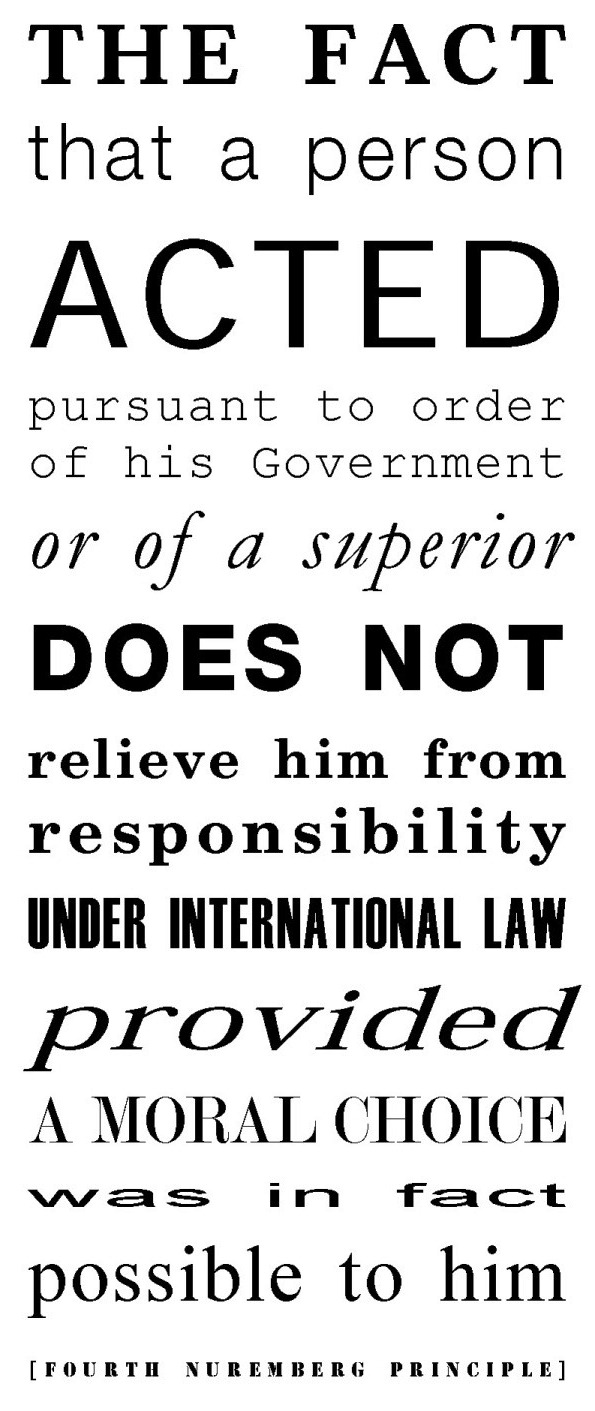Recommended reading – Steven Harper’s article in this month’s American Lawyer about the results of the midlevel associates survey. Money quote:
The prevailing business model has distorted some concepts of value and jettisoned others. At most big firms, productivity equals billed time, without regard to the efficiency of the worker or quality of the end product. Meanwhile, anything that can’t be measured—mentoring, creating a sense of community, delegating important client relationships to young attorneys, and encouraging balanced lives that make better lawyers—gets discounted or lost altogether.
That’s the real theme permeating midlevel associate dissatisfaction. Running big firms according to metrics aimed at increasing short-term profits is deceptively objective and relatively simple. But it risks ignoring important things that can’t be quantified. […]
As a result, behavior that would enhance institutional stability and intergenerational transition yields to the self-interested development of portable books of business. Add enough laterals, and any partnership can quickly lose itself. Client-filled partner silos don’t promote the shared identity that provides a sense of community. Relying on current profits to be the glue that holds everything together can quickly make a strong firm fragile. Just ask lawyers who once worked at Heller Ehrman, Howrey, or, for history buffs, Finley Kumble.
Among large-firm equity partners, a revolution of rising expectations has continued for two decades. Recessions come and go, but somehow average equity partner earnings have trended skyward as associate satisfaction has tanked. With new attorneys flooding the market, where’s the incentive for those who reap staggering rewards to reconsider the human impact of their business models, especially on the youngest and most vulnerable?
[…] The question for large firms is whether they can continue to attract the best and the brightest even when top recruits truly understand the work they’ll do, the culture of short-term thinking they’ll endure, and the failure most will encounter in their bids for equity partnership.
The tragedy, as I see it, is that the people most responsible for creating the winner-take-all law firm culture, and most capable of correcting it, will read this and either (i) not care (“I’ve got mine, Jack”), because worrying about the institutional legacy is for chumps, or (ii) not recognize themselves, because they believe their own recruiting hype and would vehemently deny pursuing short-term profits über alles or asset-stripping the firm before they retire.
